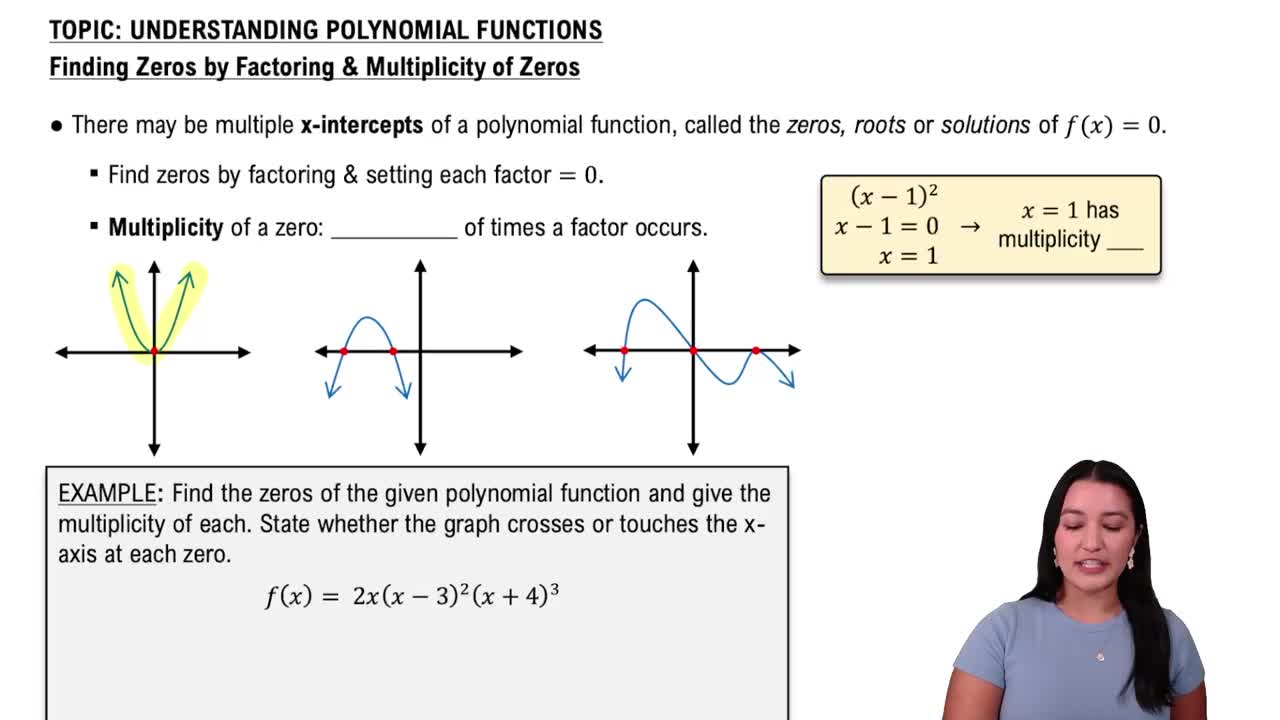Textbook Question
In Exercises 121–128, write each English phrase as an algebraic expression. Then simplify the expression. Let x represent the number. The difference between the product of six and a number and negative two times the number
862
views






